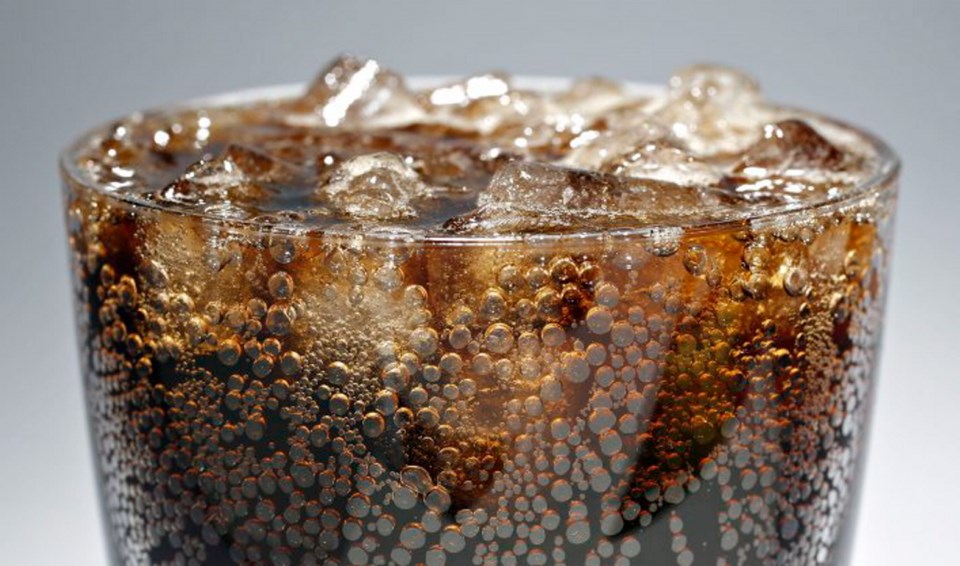Why would any sane person drink 10 cokes a day for one month?
I recently asked George Prior, a Los Angeles resident and father of two children, this question. His answer: “I want to increase the awareness of my children and the public about the dangers of sugar.”
But how is Prior proving that all these colas are bad for your health?
His experiment got my attention because I’ve stressed for years that soft drinks are a devil in disguise. The thing that bothered me was seeing obese children guzzling cans of liquid candy.
Years ago, I was having dinner with a former minister of health. During our conversation I mentioned that a 10-ounce cola drink contains eight teaspoons of sugar. He murmured, “Oh, is it that much?”
It appeared to me this news went through both his ears without making any impression, yet he was responsible for the health of millions of Canadians.
Calories of any kind, taken to excess, can cause obesity. But there’s no easier way to gain weight than to consume sugar-laden drinks. Moreover, most people have no idea of the over-abundance of calories in soft drinks.
The human body does not register the number of calories we drink compared to the ones we eat. For example, it’s easy to drink a cola and still feel hungry. It’s not easy to eat a couple of apples and not feel full. Solid foods, which have more bulk, decrease the hunger reflex.
Several studies show how this works. In one study people were asked to eat 450 calories of jelly beans a day for four weeks. Then, for the next four weeks, they were told to consume 450 calories of pop every day.
On the days they ate jelly beans, they compensated by eating 450 fewer calories of other foods. But on the days they drank pop, they ate 450 calories more than usual because the pop contained silent calories. It’s these excess calories that eventually result in obesity.
Prior points out that 10 cans of cola contain a lot of sugar. But 50 per cent of all North Americans consume the same amount every day when you consider the other drinks taken during the day, such as fruit juice, coffee with sugar and sport drinks. That’s nearly a whopping half pound of sugar! Certainly a red light would flash if you noticed a friend adding eight teaspoons of sugar to a glass of water or to their coffee.
I can see this problem getting worse.
In 1950, soda pop bottles contained six and a half ounces. But North American appetite for soft drinks has dramatically increased over the years. Now you have choices of small, medium, large and an extra-large serving of soda, which contains 620 calories. And when your movie theatre offers free refills, does anybody just say no?
So what has happened to Prior? He gained 23 pounds, his body fat increased 65 per cent, his blood pressure went from 129/77 to 143/96 and his belly protruded.
Fortunately, he’s not going to push his luck with a longer experiment because the result would be predictable. He would add his name to the number of obese people who develop Type 2 diabetes, half of whom die of a heart attack.
It’s encouraging to see lay people such as George Prior sending a sound message, adding his voice to the alarm over the obesity problem.
But you can’t blame colas for everything. North Americans have to cut back on all calories to beat this unprecedented epidemic.
The hard truth is that the war on obesity and Type 2 diabetes is being lost. The reasons are obvious. There are too many temptations to resist, over-sized meals, lack of exercise, etc. etc. The only winners are health conscious consumers who have the will to say no to all things that we know cause obesity. And who are not afraid to step on the world’s most important medical device, the scale. It tells the truth.
Online: docgiff.com
Email: [email protected]



